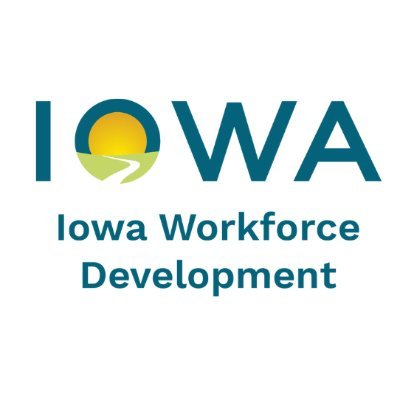Guest opinion: Diverse experiences drive questions and problem-solving

By Christen Bain | Marketing coordinator, Des Moines
How do you approach the big problems in your professional life?
Almost 15 years ago, I moved to France to study at Université de Nantes. The students went on strike a few weeks into the semester. Although I knew the language and felt like I understood the culture fairly well, I was quickly thrown into an unknown situation where I had to ask a lot of questions. Are classes being held tomorrow? Will other students be there? Will the professor be there? Will the dining hall be open?
Professor Hal Gregersen (MIT) explains in his book “Questions Are the Answer” how his own experience living and working abroad was instrumental in developing his research in question-based problem-solving. Living abroad, being an outsider not knowing the language or culture at all, forced him to become a questioner. When you are in a space where you don’t know anything, you have to ask questions — and asking questions makes you better at your job and your personal life.
Over the last 15 years, I’ve spent time in countries around the globe, never facing quite as severe a knowledge deficit as when I was trying to study at that French university, but still asking questions. In Switzerland, is making your Airbnb guest sleep on the floor in the kitchen a normal thing? (No, run far away.) In Malaysia, is the lizard in the shower something I need to be concerned about? (A fact of life.) And even in the U.S., when surrounded by a diverse group of people, questions about norms, traditions and culture abound. Whether it is hosting a dinner for international visitors through the Iowa International Center, attending an event for Al Exito, or attending a religious service different from what I grew up with, my brain turns to question mode.
Experiencing situations outside of your norm helps you learn how to be in question mode, an approach we should take in our problem-solving, even when we aren’t surrounded by pure mystery. When facing big problems at work within your team or with clients, or at home with friends and family, take a question-focused approach to reap great benefits. Instead of brainstorming solutions to the problem, brainstorm questions about it. Set a timer for a four-minute Question-Burst to brainstorm questions about your problem, asking yourself what additional information could you use to make a better decision?
To improve your Question-Burst, reach out to someone from a different background to help. Find someone who knows as much about your problem as I did about the lizards in the shower and you’ll get better questions that lead to better solutions.
Reach out to me on LinkedIn if you’d like to Question-Burst with me.










